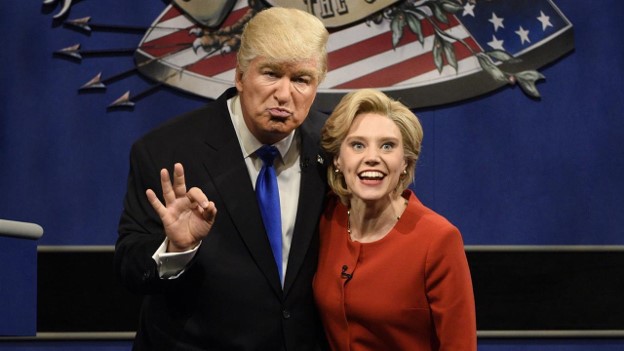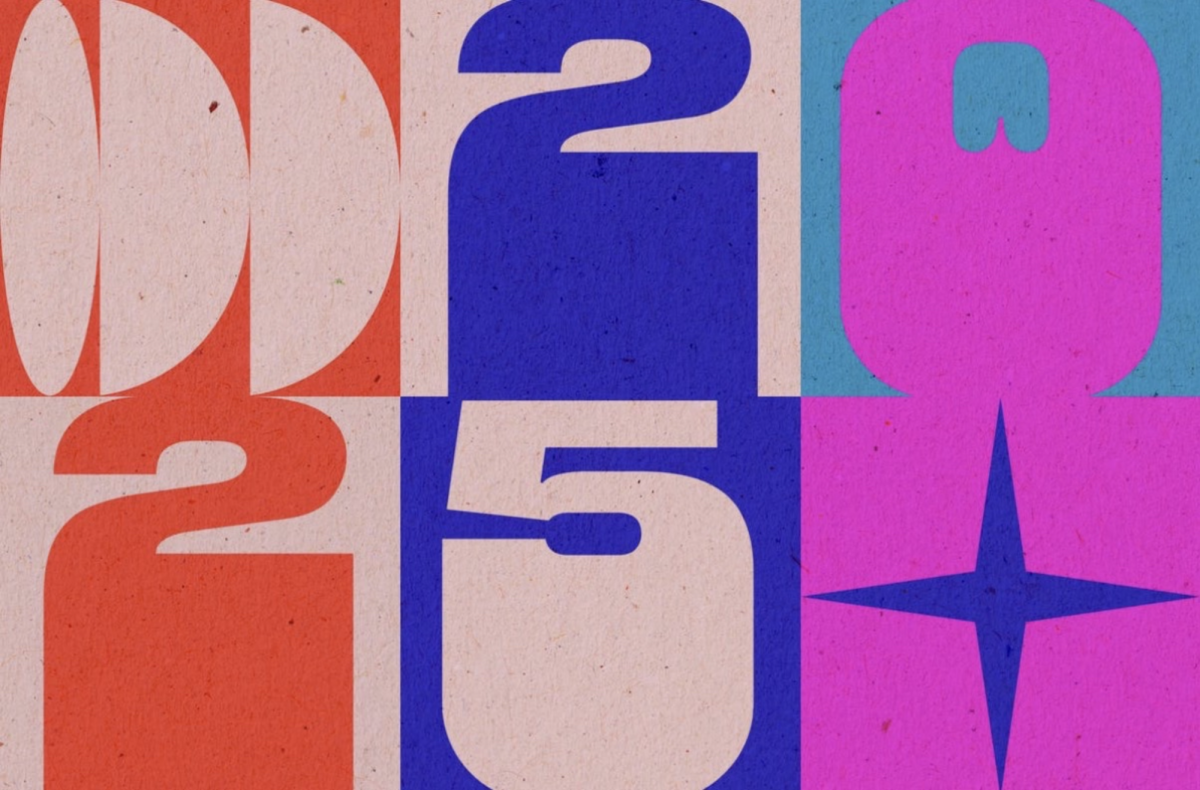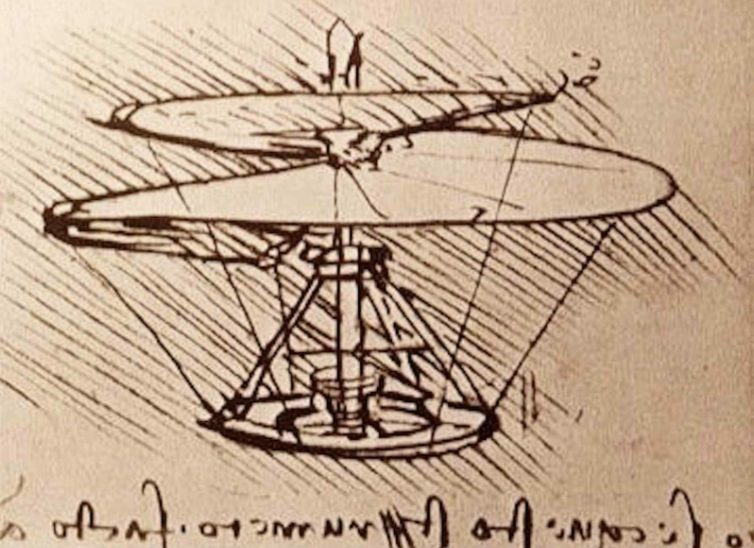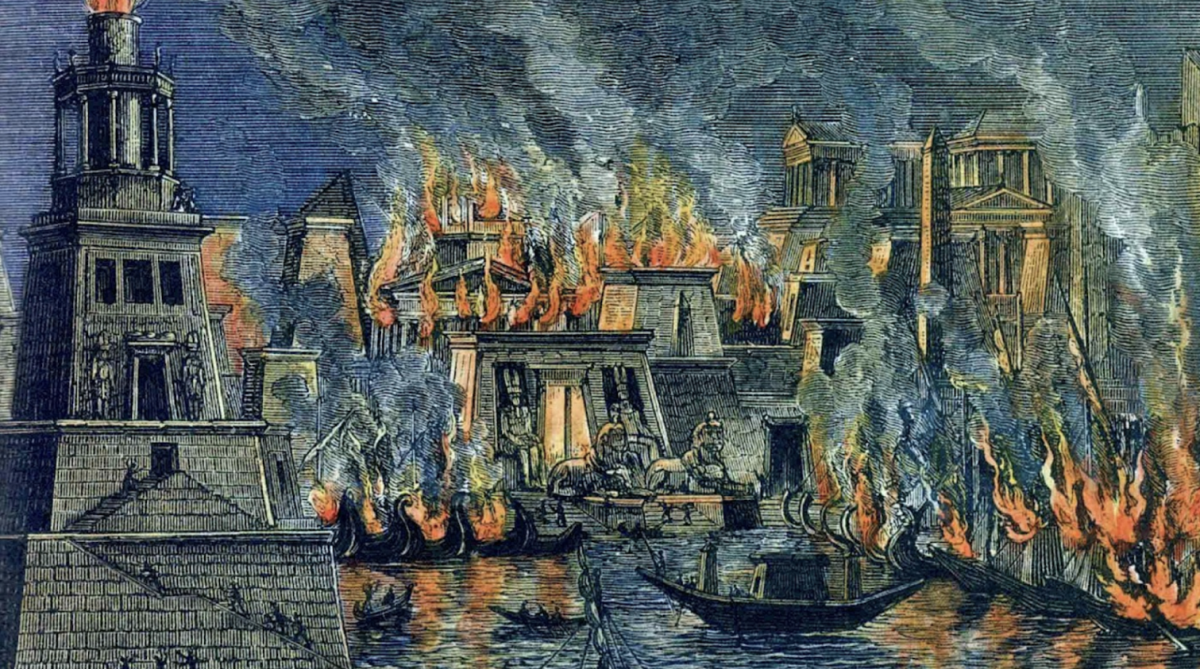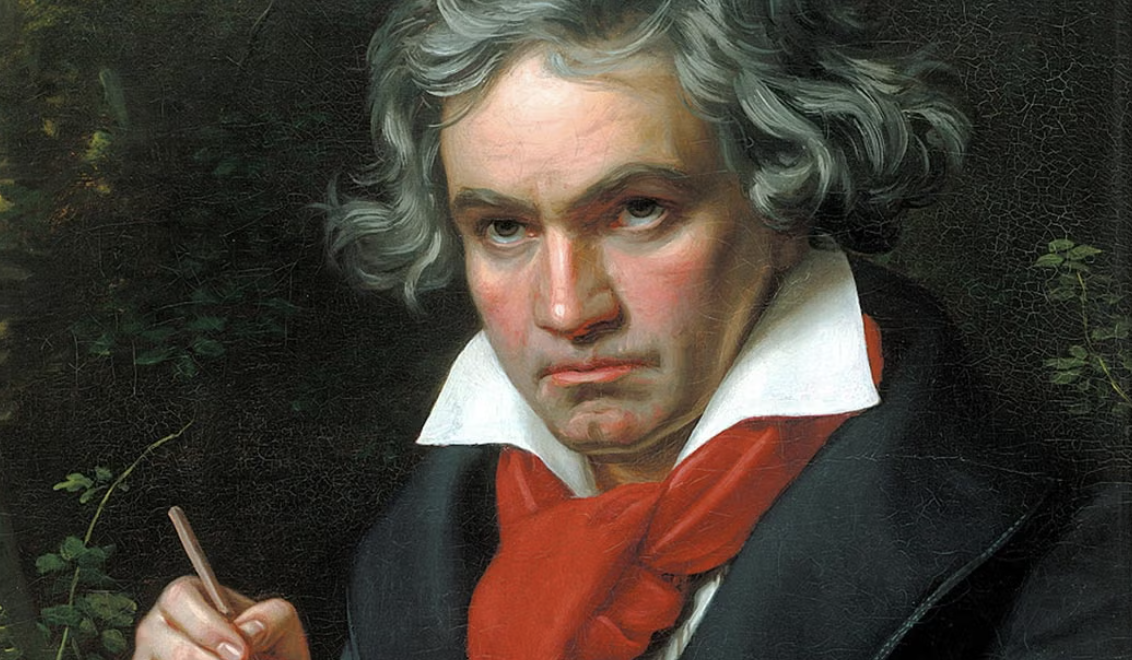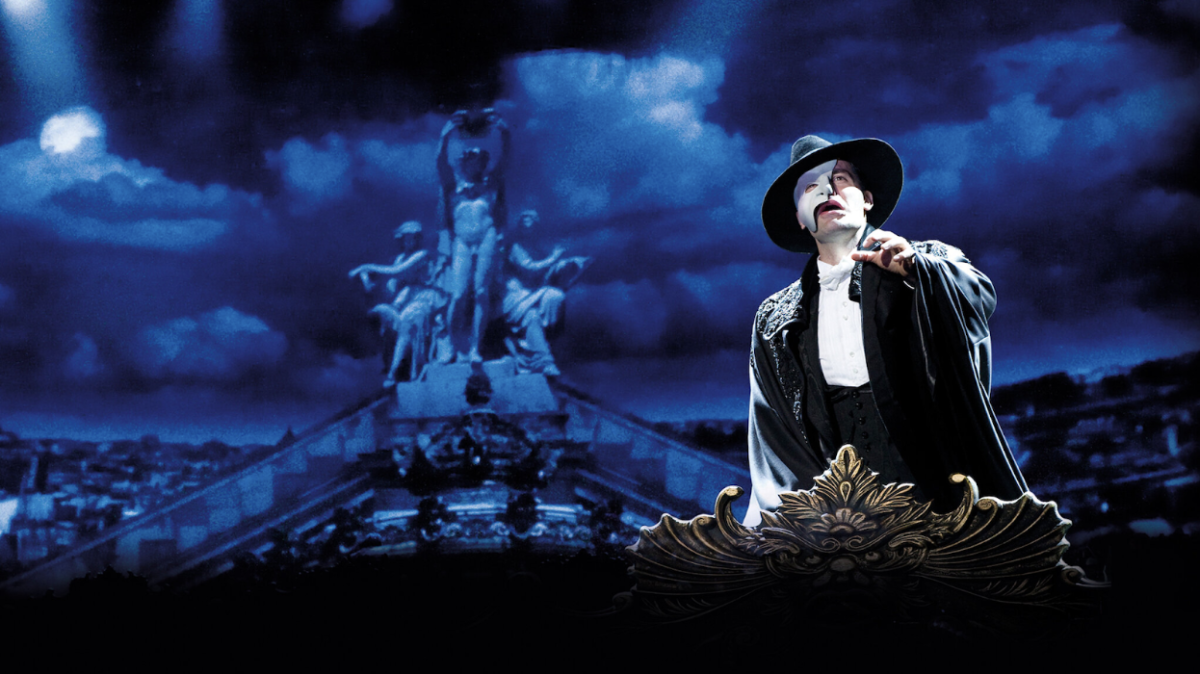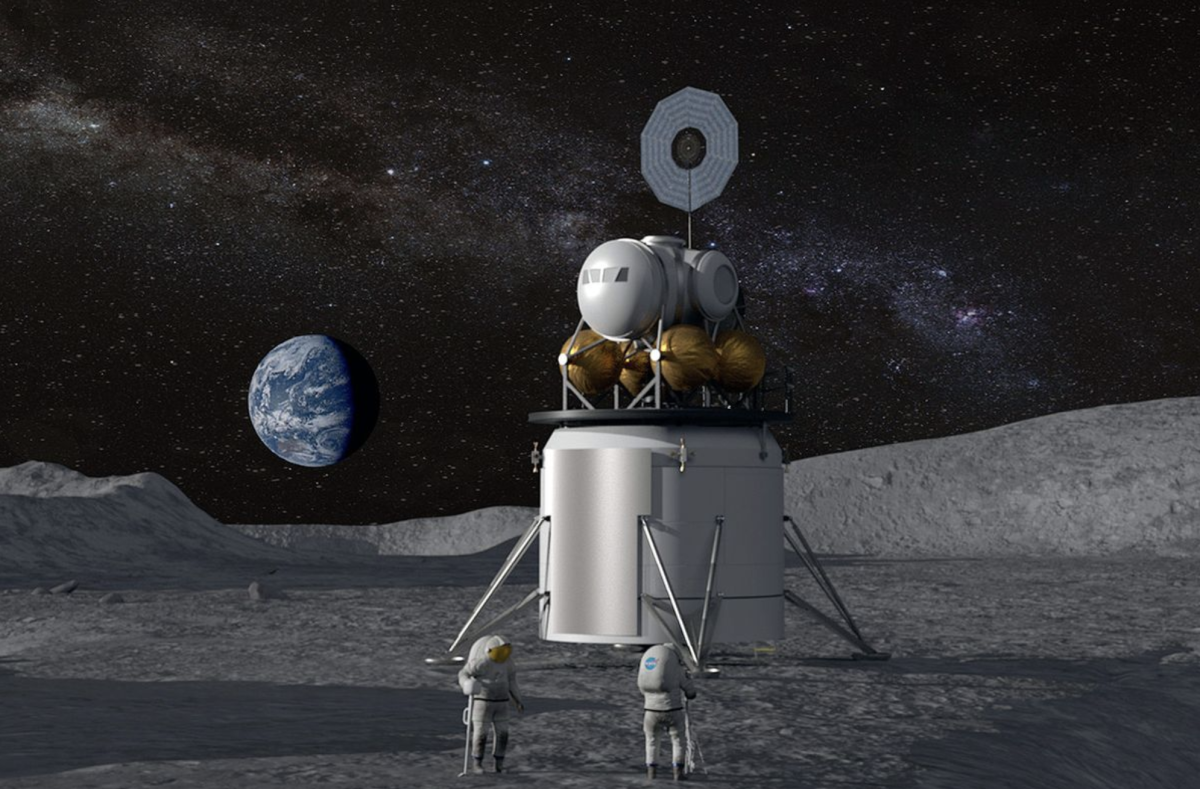Within the dynamic realm of contemporary media, political satire has surfaced as a potent tool for examining politics by fusing fun with analysis. From sarcastic cartoons to late-night comedy shows, the genre has permeated public debate.
One of the primary functions of political satire is to entertain, often using humor to dissect and lampoon political figures and events. TV shows such as “Saturday Night Live,” “The Daily Show,” and “Last Week Tonight” have become adept at transforming political absurdities into highly entertaining moments. This laughter serves as a potent tool for grabbing audiences’ attention and democratizing access to intricate political topics for a wider range of people.
Satirical content has the power to shape people’s perceptions and interpretations of real-world events through dramatic depictions, humorous sketches, and astute comments. The capacity to draw attention to contradictions, dubious choices, and hypocrisy frequently causes viewers to reconsider their own beliefs and, in certain situations, challenge the status quo.
Beyond mere entertainment, political satire acts as a potent form of critique. Satirists use humor as a weapon to expose flaws in policies, decisions, and the behavior of public figures. This critique encourages critical thinking and fosters a healthy skepticism toward those in power. By presenting information in an entertaining format, satire effectively engages the audience in a dialogue about the intricacies of political issues.
Political satire has its drawbacks even though it can be a useful instrument for subverting authority. Satirical content frequently perpetuates preexisting political divisions by reflecting the viewpoints and prejudices of its producers. The audience must be conscious of these prejudices and understand that, despite being amusing, satire might not offer an impartial or thorough analysis of complicated subjects.
In the realm of politics, where information and opinions collide, political satire stands as a unique and influential force. Its impact on public opinion is nuanced, offering both entertainment and critique. As we navigate the laughter and influence that satire brings, it becomes essential for viewers to approach satirical content with a discerning eye, recognizing its power to shape perceptions while remaining mindful of its inherent biases. Ultimately, political satire contributes to the vibrancy of democratic discourse, challenging the powerful and encouraging citizens to think critically about the world around them.


